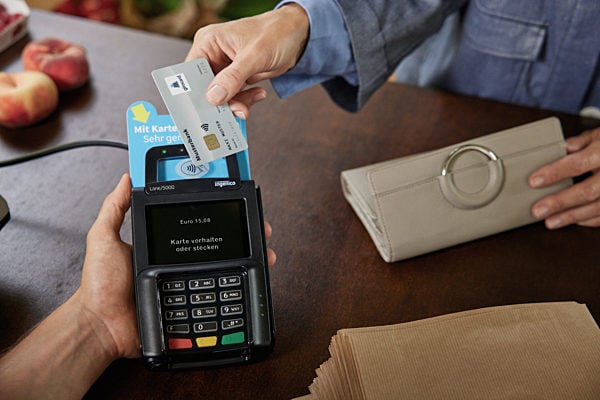A 33-year-old former banker at Banque Populaire was found guilty of “abuse of trust” in the southern city of Grenoble this week, and barred from practising for five years.
His crime? Between October 2010 and February 2011, he diverted a total of €159,000 ($220,000) from several clients’ accounts, in order to give out loans to others whose applications had been refused by his superiors.
“I didn’t want to be seen as ‘the nasty banker'”, he told the court on Tuesday, according to local daily Le Progrès.
That was why, three years ago, the "Robin Hood banker", as he’s been dubbed in some parts of the French media, didn’t have the heart to tell a client that the bank’s management had rejected his application for a €128,000 loan ($177,000).
Instead, he told the customer the loan was his. But when it came time to release the funds, the banker told the court “my back was against the wall.”
Forced to follow through on his claim, the then employee of Banque Populaire des Alpes dipped into the accounts of other clients, without their awareness, in order to make the funds available to the loan applicant.
He repeated the trick on another occasion, dishing out €17,000 ($23,000) of another client's money, in order to give a customer a "loan" to invest in solar energy technology.
The financial institution fired the culprit, from Saint-Martin d’Hères in the Isère department, in 2012 for “lack of rigour,” and subsequently discovered the irregularities in his loan procedures.
The bank’s president explained to the court that his former employee “didn’t derive any [personal] benefit from his actions.” A lawyer for the bank, for his part, noted that all the money concerned was being paid back to the clients involved.
The ex-banker appears to have concluded that finance is not his ‘métier,’ and has begun a career as an ambulance-driver instead, according to Le Progrès.
The ‘Robin Hood banker’ isn’t the only French worker in recent months to be disciplined for refusing to perform his duties, out of a sense of sympathy.
Back in April, The Local reported how a Veolia worker in Avignon was sacked for failing to cut off the water supply of poor families who had fallen behind on their bills.
“I saw people who had nothing, living with their children, who begged me not to cut off the water supply and to give them a little more time to pay up,” he told Europe 1 radio at the time.
Don't miss a story about France – Join us on Facebook and Twitter



 Please whitelist us to continue reading.
Please whitelist us to continue reading.
Member comments